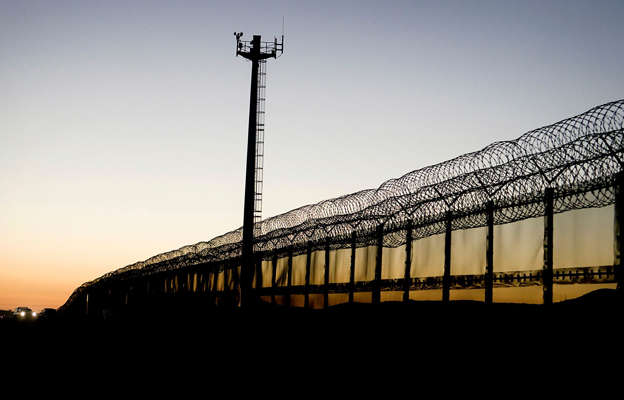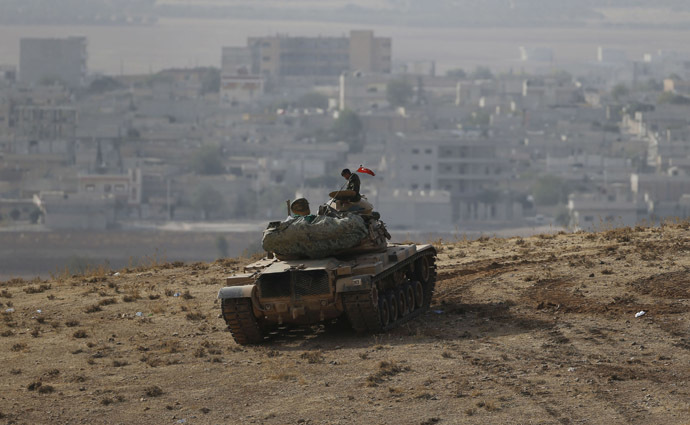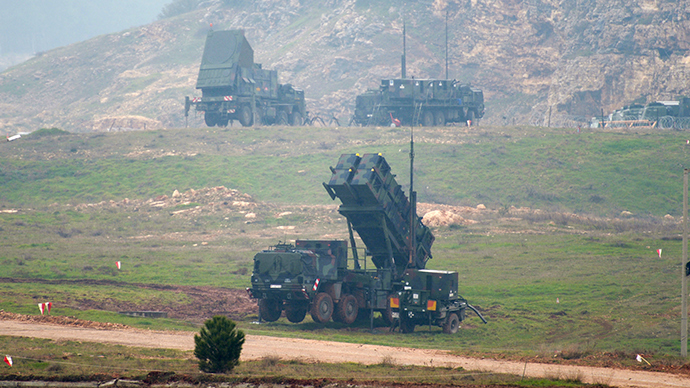
Solidarity: The Machal program allows Jewish foreigners to join the army without becoming citizens.
Photo: Andrew Burton
When Adam Greene*, a Melbourne accountant, volunteered for 15
months of military service in the Israel Defense Forces (IDF) he was
well aware he could be putting his life on the line.
But when his first day of duty coincided with the outbreak of
war with Lebanon the realities of his decision hit home hard. "It was a
baptism of fire," Greene, 32, told Fairfax Media of his experience that
began on July 12, 2006, the first day of the 34-day conflict in
Lebanon, Northern Israel and the Golan Heights.
"Even though we weren't on the front line we were caught up in the raw emotion of a full fledged military campaign."
The then 24-year-old commerce-law student, who signed up for
the 15-month voluntary Machal program, which allows Jewish foreigners to
join the army without becoming citizens, spent his first three weeks of
service in Israel's north unpacking mortars and missiles and disposing
of used munitions in the "Middle Eastern heat".
Advertisement
"Physically it was very difficult and emotionally equally as
difficult having to cope with the rigors of war albeit at a back stage
level."
There are about 2500 foreign citizens from more than 60
countries enlisted in the IDF, of which it is believed 100 are
Australian. The Department of Foreign Affairs and Trade does not keep
figures on how many Australians are fighting in foreign armies, however
the subject has received attention recently as the government looks to
toughen laws preventing Australians fighting in Syria and Iraq from
returning home.
Proposed counter terrorism legislation would make it easier
to identify, charge and prosecute people who have engaged in terrorist
activities overseas and would also make it an offence to travel without a
valid reason to an area designated by intelligence agencies.
It is believed 60 Australians are currently fighting with
Islamic State (IS), which is classified in Australia as a terrorist
organisation.
Last month, during talks with Islamic leaders in Sydney, in
response to a perceived double-standard that continues to allow
Australians to fight for armies of states such as the IDF, Prime
Minister Tony Abbott made the distinction between Australians fighting
for designated terrorist groups like IS and dual nationals serving in
overseas armies of nation-state.
For Greene, who lives in Caulfield, army service was not a tacit agreement with Israeli geopolitics.
"The army by its definition is an apolitical organisation. I
felt my time in the army was not serving any sort of political agenda,"
he says. "I felt I was serving the IDF and in doing so I was protecting
Israel's citizens and its borders."
Greene says he chose army service over the university student
rite of passage - a backpacking trip - as a vehicle for personal
growth.
The son and grandson of Polish immigrants who migrated to
Australia just outbreak the outbreak of World War II, Greene says the
spectre of the Holocaust weighed heavily on his decision to volunteer
for the IDF.
His service was also a way of expressing his solidarity with the young Israeli men and women who face conscription.
"I don't judge those who don't enlist, but I didn't think it
was fair that just because [my family] had a bit more money to get to
Australia and not to go to Israel that all my contemporaries who were in
Israel had to enlist in the army," he says. "I wanted to acknowledge
that in a meaningful and significant way."
While Greene, whose father was a private in the Australian
army in the 1950s, concedes he could have experienced the same personal
growth in the Australian Army, he says it was the IDF that "needed" him
more.
"At the time and unfortunately always Israel finds itself at a
clear and present danger, facing existential threats. Fortunately
Australia doesn't".
The war with Lebanon ended after five weeks, but danger
loomed large for the duration of Greene's service. He faced a potential
terrorist threat when a car crashed into the fence of a religious school
he was guarding in Jerusalem's West Bank, and he spent five months on a
military base on the border of Lebanon and Syria protecting Israel's
northern borders.
"It takes one RPG [rocket propelled grenade] and you are
gone. Your life is on the line every second that you are on the fence,"
he says.
Australians have a history of taking up arms abroad. In the
1930s, Spanish Australians fought on both sides of the Spanish Civil War
and, in the 1990s, Australians fought for Serbia, Croatia, Bosnia,
Albania, Slovenia and Macedonia in the Yugoslav wars. Jewish Australians
have fought in all of Israel's wars from 1948 onwards.
When Greek-Australian Stephen Adgemis' growing marketing
business precipitated a move to Athens in 1992 he knew that army service
was part of the deal to get Greek citizenship.
But it wasn't until 2002, following ten years of red tape,
that his Greek identity was established with authorities and he was sent
for six months of army training in Crete.
"I wasn't motivated to go in … having a business and having to take six months off was hard," he says.
Greece has mandatory conscription for all men aged between 19 and 45.
Adgemis, now 52, was 40 when he undertook his training, which involved boot camp, weapons training and learning army protocols.
"Being older I think I saw it from a different perspective.
It was an interesting experience. I can't say it was the best experience
of my life, but it does discipline people and that is important."
Never coming close to combat was a relief for Adgemis
although he did feel "nervous" about his safety due to the strained
relationship between Greece and Turkey.
If Greece is at war Adgemis could still be called upon to
assist. While he admits this is "disconcerting" he feels confident, in
light of his age, he'd be tucked away safely behind a desk.














 Solidarity: The Machal program allows Jewish foreigners to join the army without becoming citizens. Photo: Andrew Burton
Solidarity: The Machal program allows Jewish foreigners to join the army without becoming citizens. Photo: Andrew Burton





 Three new submarines to be ready by 2015
Three new submarines to be ready by 2015


